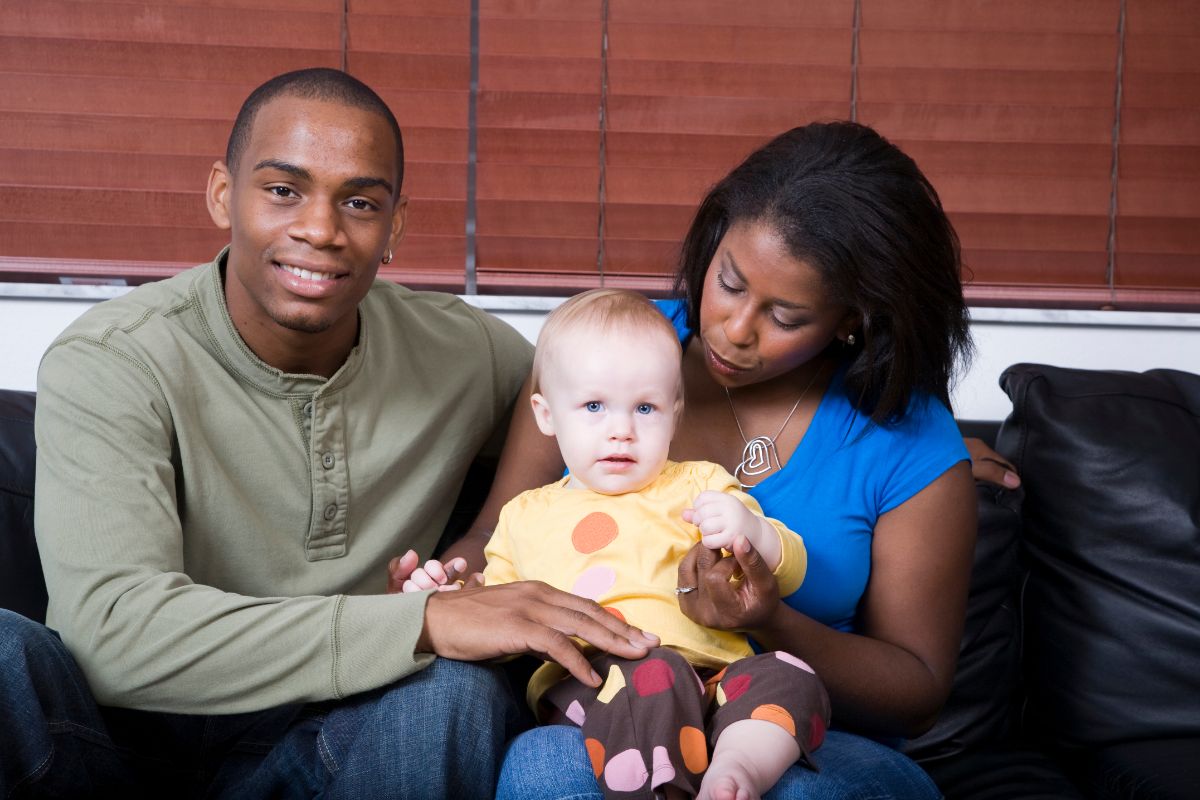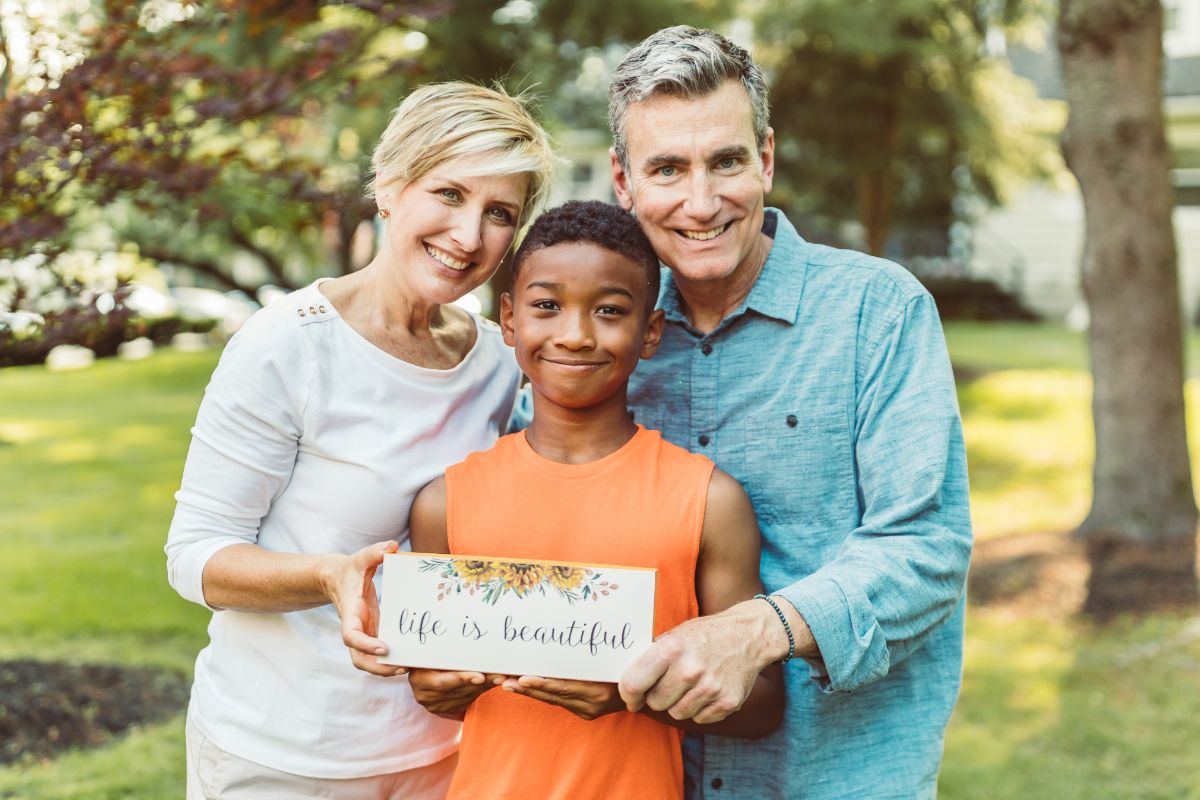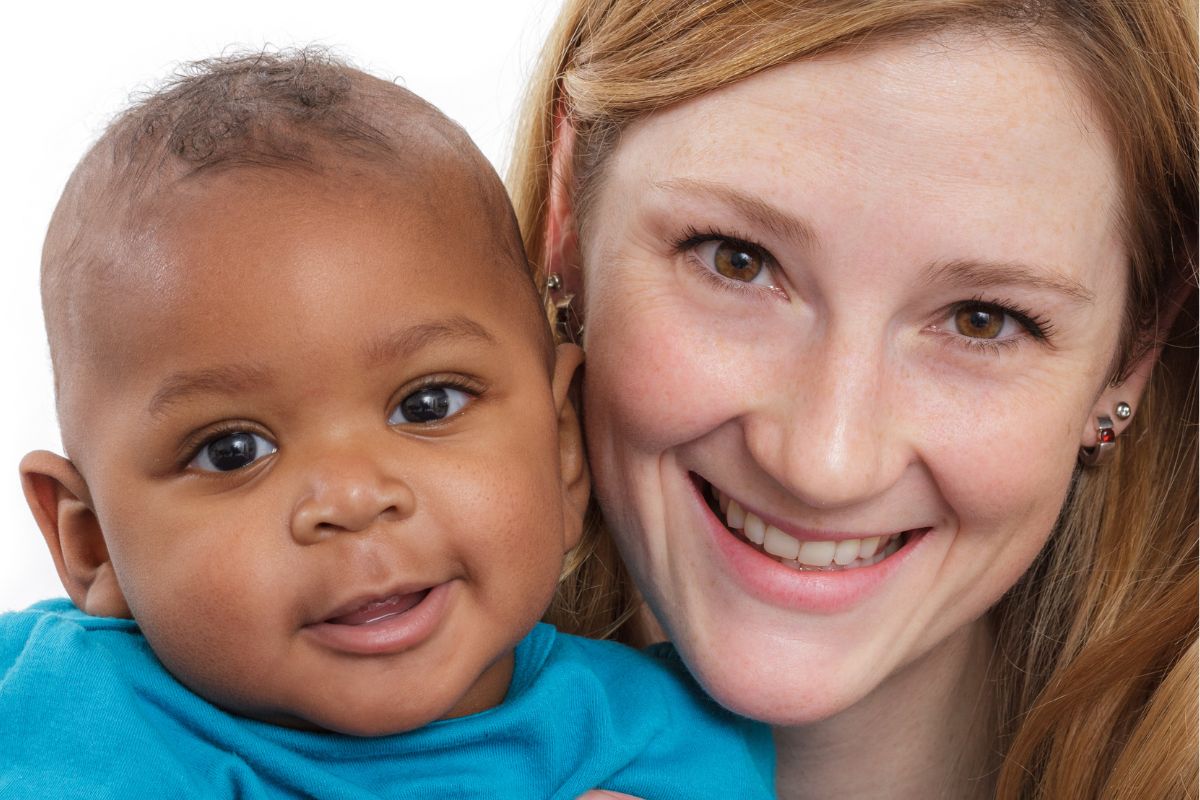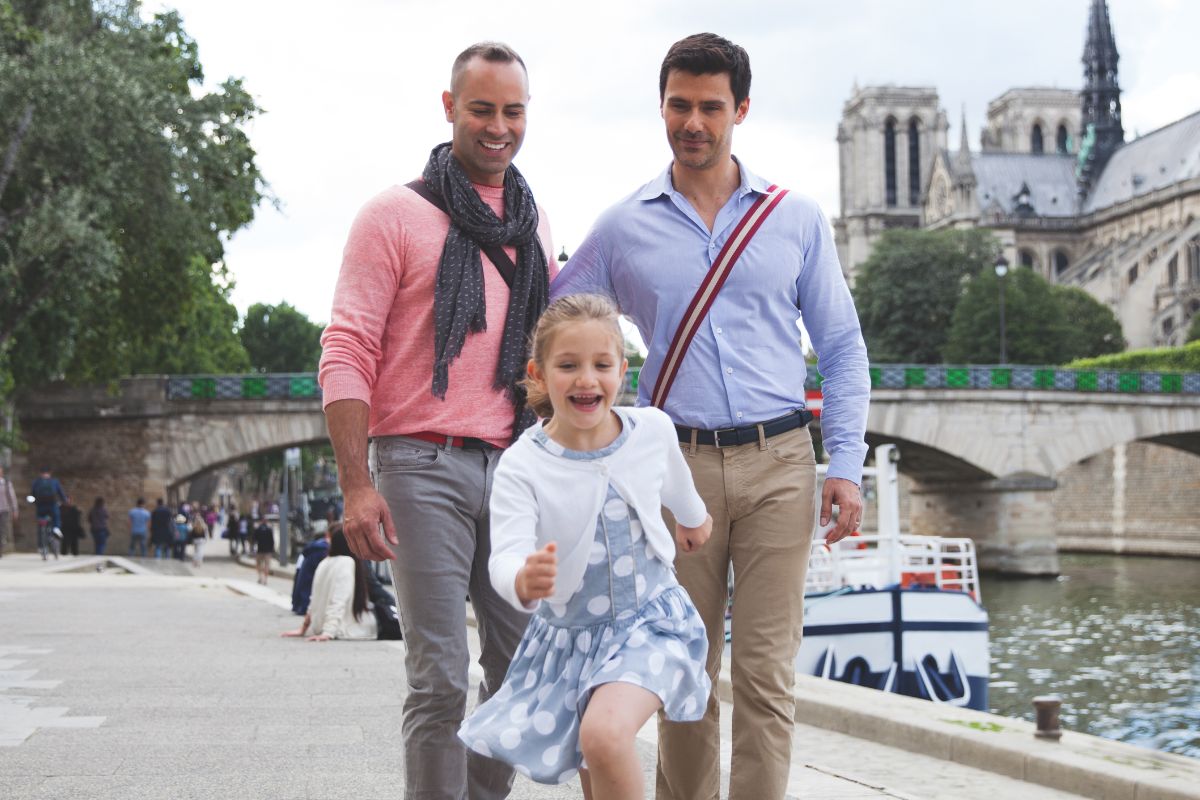Adoption is the process of a child being legally taken from its biological parents and given to someone else. This most often happens because the parents do not want the child, or because they cannot provide the proper care for a child.

During this process, an adoption agency will place the child within a new family, and when the adoption process is over, the adoptive family becomes the child’s legal family. In other cases, a stepparent may adopt their partner’s child as legally their own.
Adopting a child, or losing custody of a child can be a very tricky situation. When a child is legally adopted, the biological parent loses all financial responsibility, liability, and custody of the child.
This is often a bit of a tumultuous situation. There could be a stepparent trying to adopt a child, and the noncustodial, biological parent doesn’t consent, or makes the process much harder.
Even if you have legally and officially adopted a child, you may be fearful that the biological parent could come forward and try to regain custody of their child. So, you could be wondering if a biological parent can in fact regain custody after the child has been adopted.
The short answer is no. In most cases, if a biological parent has given a child up for adoption, then they cannot regain custody of the child after the adoption is finalized.
However, it depends on the circumstances. If the child was adopted via fraud or duress, then the biological parent may be able to reverse the adoption process.
Let’s take a look at this in a little more detail.
Can A Biological Parent Regain Custody After Adoption?
The first thing to note here is that adoption laws differ across the states, and some states may have varying laws that others do not. Many states only allow private adoptions, whereas others will permit public and private adoptions.
Adoption is a hotly debated topic today. While it is mostly a joyous occasion done for the right reasons, some people believe that a child should not be removed from its biological family.
This begs the question as to whether a biological parent can regain custody of a child after the adoption has taken place.
In most cases, no a biological parent cannot regain custody after adoption. Adoption is serious and once the child has been adopted by another family, the biological family cannot claim rights to the child.
In many states, the adoption process involves irrevocable consent, which means the adoptive family cannot change their mind, and the biological family cannot either. This is because consent is needed before a child is adopted.
The biological parents must consent before the child is being adopted, unless the child has been removed from the family by Child Protective Services.
The majority of the time, once the adoption process is final, the biological parent has no legal right to custody or contact with the child. However, in some states, you can file a petition to regain custody of the child, but this often has to be done within a certain time of the adoption being finalized.
As mentioned above, if the adoption was done fraudulently, and the biological parent can prove this in a court of law, then there may be scope to regain access to the child.
Alternatively, if a parent was unaware of the adoption process, they can file a petition for custody of the child.
What Rights Does A Biological Parent Have After Adoption?

During the adoption process, both biological parents will need to consent to the adoption. This then relinquishes their rights to contact, custody, visitation, legal rights, financial rights and responsibilities towards the child.
This also means that the child is no longer able to claim inheritance from the biological family, or able to contest a will. In addition, the biological family is no longer financially liable, and will no longer have to pay child support.
Once the adoption process is finalized, the adoptive family will have parental and legal rights to the child. The biological family will no longer have this.
Can An Adoption Be Legally Reversed?
In some cases, yes, but it is rare. It is not simply a case of changing your mind and wanting the child back. If the birth parents of the child can prove that fraud or duress was involved during the adoption process, then they can challenge that their consent to the adoption still stands.
This will have to be proved, and the birth parents will need a good attorney in order to try and regain parental rights of the child. However, this works on a case by case basis.
A judge may decide whether the child is better off in the care of the adoptive family, as they could have been raised by them for a number of years prior to the parents wanting to regain custody.
Can I Revoke Adoption Consent?
A biological parent can revoke adoption consent if they have consented within seven days. They can revoke consent within this time to regain legal custody.
However, the legalities of revocation can vary from state to state, and some may be given longer in order to revoke. It is also advisable for birth parents to have legal representation during this process.
It should also be noted that if the biological parents change their mind again, and want to consent to the adoption, then they cannot revoke and change their minds again, the adoption will then be final.
Final Thoughts
To conclude, during the adoption process, the biological parents will need to provide consent in order for it to go forward. Once the adoption is finalized, then the biological parent relinquishes all legal rights, responsibilities, and custody of the child.
While some parents may be able to regain custody after adoption, this is often in extenuating circumstances, as in most cases of adoption, the adoption is final, and the adoptive family has legal rights to the child.
- 10 Best States For Families - March 6, 2023
- Can A White Couple Adopt A Black Baby? - March 1, 2023
- Best DNA Tests For Adoptees - February 28, 2023










